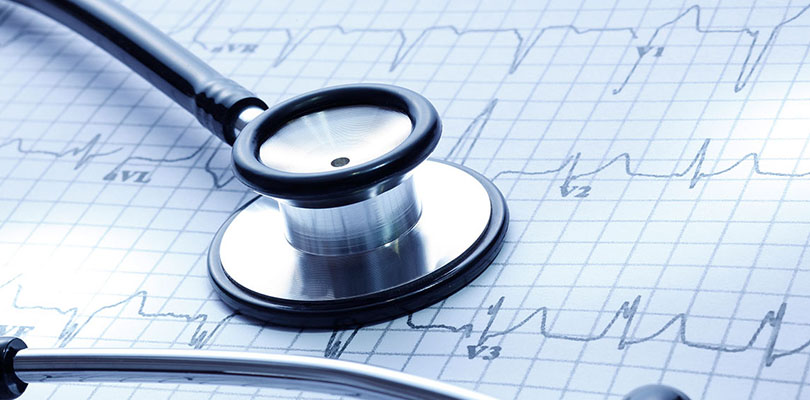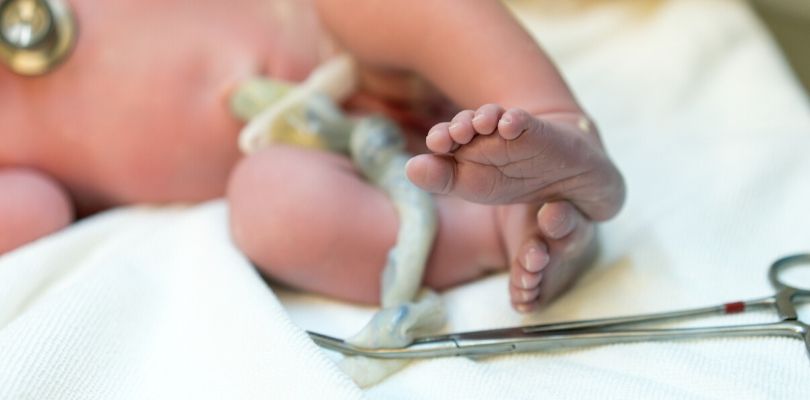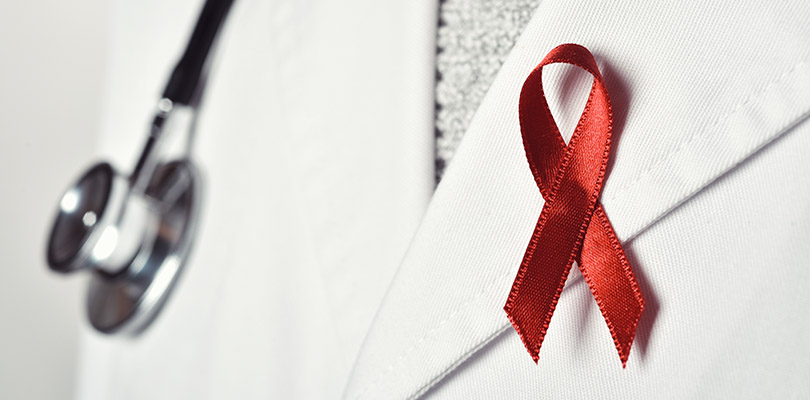![]()
Photo Credit: DragonImages / iStockPhoto.com
9. They Are Good for Personal Health Monitoring
Resting heart rates provide a measure of overall fitness levels. Tracking heart rates can also be useful for cardiac or respiratory patients.
Monitoring sleep patterns can help identify sleep issues, such as sleep apnea. Migraine and allergy sufferers, as well as diabetics, have used fitness trackers to monitor food consumption and activity levels and shed light on habits that might be influencing their symptoms.
New apps are being produced and tested all the time and the use of personal monitoring devices in healthcare management is expected to escalate. Future devices may include blood pressure measurements and blood oxygen levels.
A heart murmur is an abnormal sound heard between heartbeats. You won’t die from a heart murmur, but the underlying cause of one should be investigated.






